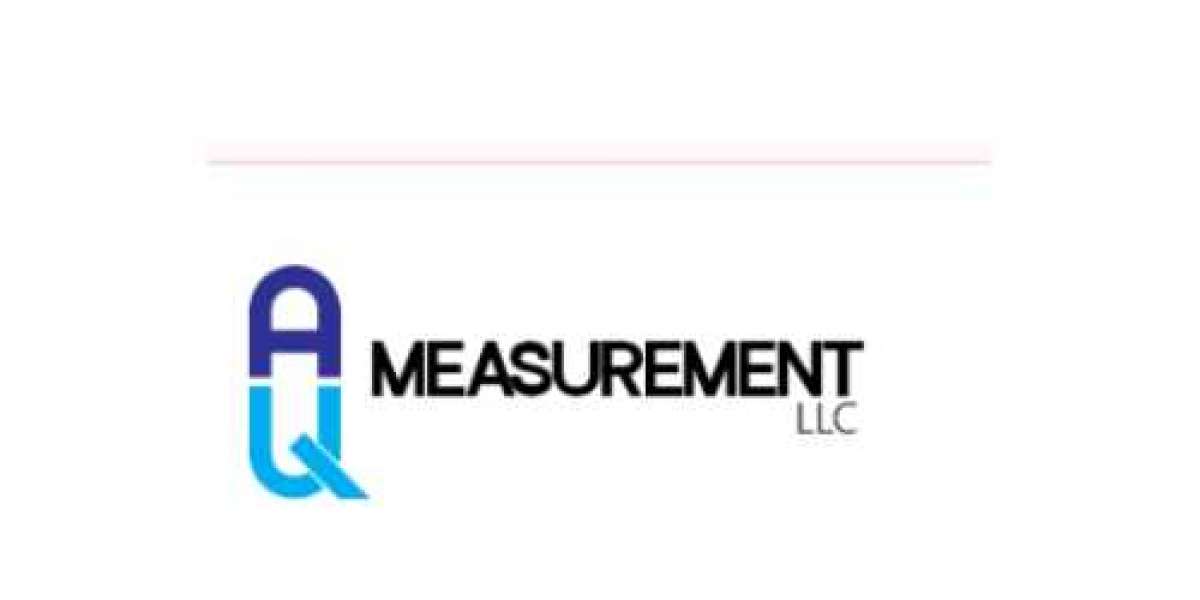Liquid flow meters are becoming significant components in various industries involved with the production of water supplies and management, oil production and management, food processing, and manufacture of pharmaceuticals. Such devices measure the rates of flow of liquids via pipes, thus providing perfect process monitoring and control capabilities. This blog delves deep into liquid flow meters, with explanations of their types as well as applications.
What Is a Liquid Flow Meter?
A liquid flow meter is an instrument used to measure the volume or mass of liquid that flows through a conduit. Flow measurements should be accurate in order to be efficient, prevent waste, and maintain product quality. Liquid flow meters are installed in industries, homes, and commercial facilities to track water, oil, chemicals, and many other liquids.
How Liquid Flow Meters Operate?
Liquid flow meters operate with the principles used to measure different flows and they could be of mechanical, electromagnetic, or ultrasonic. The nature of fluid-device interaction with how measures are taken by the gadget makes up the underlying principles governing each flow meter type. Others are mechanical as they contain their gauging elements, whilst others are electronically contacted from other distances.
There are several different types of liquid flow meters available, each designed for specific applications:
- Mechanical Flow Meters: These meters measure flow rates by moving parts like turbines or gears. They are simple and inexpensive but best suited for applications involving steady liquid flow. The examples include turbine meters and positive displacement meters.
- Electromagnetic Flow Meters: These flow meters, designed for conductive liquids, work based on Faraday's law of electromagnetic induction to measure flow. They are accurate and reliable, especially in water treatment and chemical industries.
- Ultrasonic Flow Meters: Ultrasonic flow meters measure liquid velocity and calculate flow rate using sound waves. These meters are non-invasive, so they are ideal for applications that require minimal interference, such as food processing or pharmaceuticals.
- Coriolis Flow Meters: These sophisticated meters measure the mass flow rate by measuring changes in the fluid's momentum. Coriolis meters are very accurate and are thus used in industries such as oil and gas, in which precision is key.
- Vortex Flow Meters: These meters measure flow by detecting vortices caused by a bluff body put within the fluid stream. They are multi-purpose and are extensively utilized in HVAC systems as well as steam applications.
Applications of Liquid Flow Meters
Liquid flow meters are applied to diverse sectors such as:
- Water Management: To monitor the amount of water consumed, it also detects leakages.
- Lubrication and Petrochemical Industry : Crude oil and also refined products measurement.
- Drug and Pharmaceuticals : Precise dosages in liquid preparations.
- Culinary and Beverage Process : Liquids flow regulating in production.
- Chemical processing: Hazardous or aggressive chemicals flow monitoring.
Selecting Your Liquid Flow Meter
When choosing a liquid flow meter, one should be able to take into consideration several factors: the type of liquid, range of the flow rate, operating conditions, and budget. The meter used must also match the fluid's properties (such as viscosity, conductivity) and the pipeline specifications.
Liquid flow meters are a tool that can ensure efficiency and accuracy in fluid management. Modern flow meters with advancements in technology provide increased accuracy, durability, and versatility to serve the complex needs of the industries. Whether it is the management of water resources, production of pharmaceuticals, or food processing, an appropriate liquid flow meter can significantly simplify processes and enhance performance.








